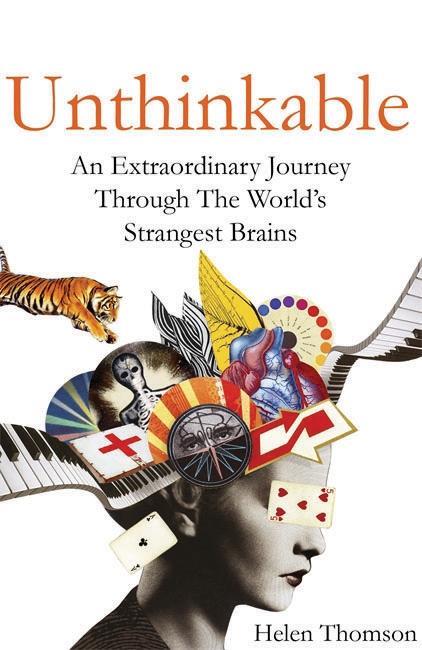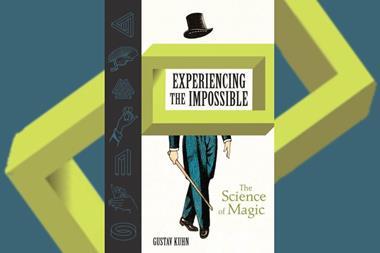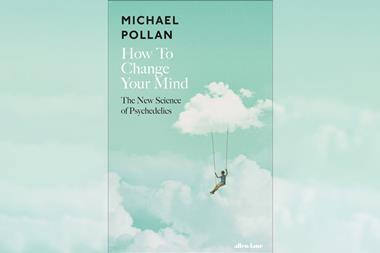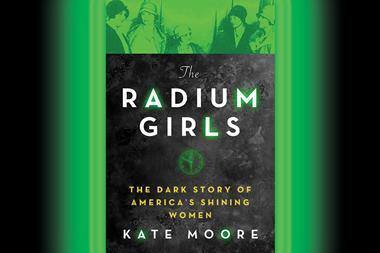Helen Thomson
John Murray
2018 | 290pp | £20
ISBN 9781473611740
Buy this book from Amazon.co.uk

Imagine not being able to find your way around your own home. Feeling other people’s pain as if it were your own. Or being convinced that you were dead.
These scenarios might sound bizarre, but are in fact the lived experiences of people we meet in science writer Helen Thomson’s brilliant first book, Unthinkable.
Our brains are truly remarkable things. Each day they help us solve complicated problems, communicate with the different parts of our bodies, and take difficult decisions on our future. But beyond this they are constantly carrying out innumerable tasks that we don’t even have to think about. Some regions of the brain soak in all of the information we receive from our surroundings and decide which bits we need be aware of. Other parts keep track of what our limbs are doing when our attention is focused elsewhere. Meanwhile, other areas of the brain file away decades’ worth of memories, ready for us to call upon at will. It’s perhaps unsurprising that such a complex machine can develop flaws, and that misfired signals within it can alter our entire perception of reality.
In Unthinkable, Thomson takes us on a fascinating journey through the mind, explaining a range of surprising psychological phenomena with the help of personal stories, historical accounts, and discussions with leading neuroscientists.
Each chapter of the book focuses on an extraordinary brain disorder. Interviews with people living with these rare conditions provide the reader with a moving, and at times amusing, insight into their experiences. Interspersed within these accounts are details of scientific studies that shed light on the underlying causes of these conditions.
As the book’s title suggests its content describes some of the ‘world’s strangest brains’, but really it will make you question whether there even is such a thing as a ‘normal’ brain.
Unthinkable is tremendously well written, and for such a heavy topic it is a surprisingly light read. Whether you have a background in neuroscience or limited biological knowledge, I highly recommend reading this book – you’ll definitely learn something new, and it may even get you pondering the inner workings of your own brain.












No comments yet